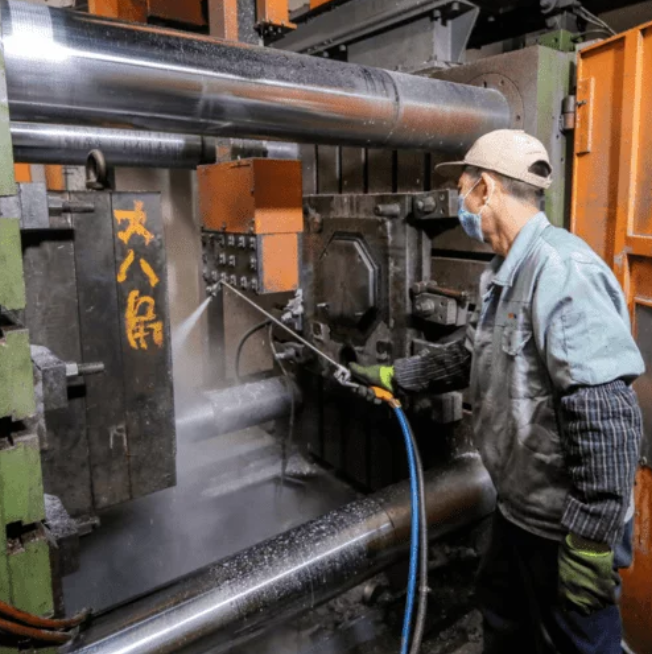Die casting is a manufacturing process that involves the use of a metal mold to produce high-quality parts and components. This process is widely used in various industries, including automotive, aerospace, and electronics. The success of die casting heavily depends on the quality of the mold used.
Creating high-quality die casting molds requires precision engineering, which involves a combination of design, manufacturing, and testing. The goal of precision engineering is to produce molds that are accurate, durable, and efficient. In this article, we will discuss the key elements of precision engineering for die casting molds.
Design
The first step in precision engineering for die casting molds is designing the mold. The design phase is critical as it determines the quality of the final product. The design of the mold must take into account the shape, size, and complexity of the part or component being produced. The mold must also be designed to withstand the high pressure and temperature of the molten metal used in the die casting process.
To ensure accuracy and precision, computer-aided design (CAD) software is used to create the mold design. The software allows designers to create detailed models of the mold, which can be viewed and modified in 3D. This enables designers to identify and correct potential issues before the mold is manufactured.
Manufacturing
Once the mold design is complete, the manufacturing process begins. The manufacturing process for die casting molds involves several steps, including:
1. Machining: The mold is machined using CNC machines to ensure accuracy and precision.
2. Heat treatment: The mold is heat-treated to improve its strength and durability.
3. Surface treatment: The mold surface is treated to prevent corrosion and improve its lifespan.
4. Assembly: The mold is assembled, and all components are carefully checked to ensure accuracy and precision.

Testing
After the manufacturing process is complete, the mold is tested to ensure it meets the required specifications. The mold is tested for accuracy, precision, and durability. The testing process involves producing a sample part using the mold and inspecting it for any defects or inconsistencies.
If the mold passes the testing phase, it is ready for use in the die casting process. If any issues are identified during testing, the mold is sent back to the manufacturing phase for modifications and adjustments.
Conclusion
Precision engineering is critical in the production of high-quality die casting molds. The design, manufacturing, and testing phases must be carefully executed to ensure the mold meets the required specifications. This results in high-quality parts and components that are essential in various industries.
-

- Твърда вилка от магнезиева сплав, отлята под налягане, за велосипед
-

- Колело за отливане под налягане от магнезиева сплав за ebike
-

- High precision magnesium thixomolding components laptop housing cover A
-

- Капак на корпуса на лаптопа C
-

- Корпус на двигателя от отлято под налягане електрическо превозно средство от магнезиева сплав, монтиран в средата
-

- OEM лети части и компоненти

 0086-750-5616188
0086-750-5616188 +86 13392089688
+86 13392089688 sales@zhongmei-tech.com
sales@zhongmei-tech.com







